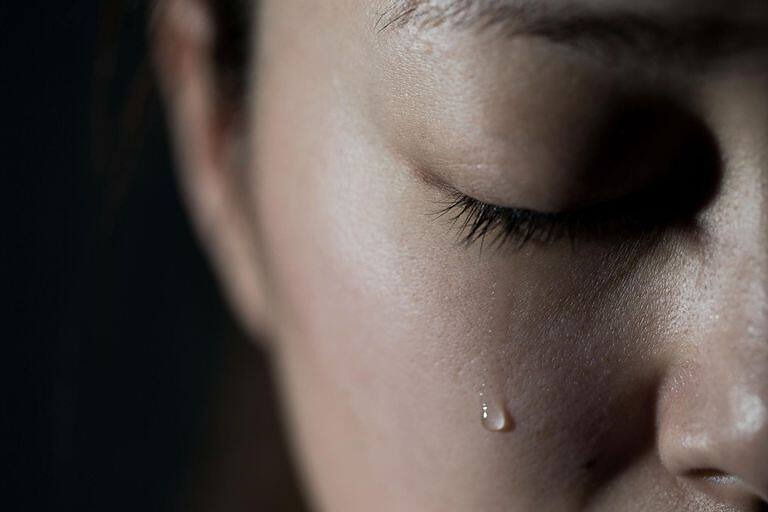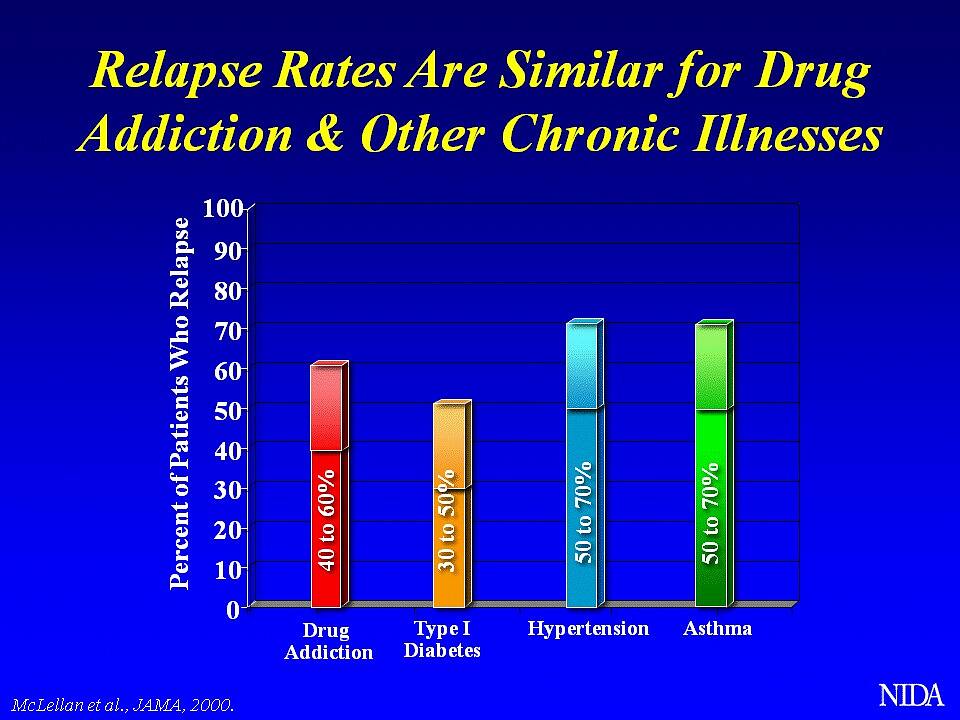
The Lingering “Disease” Those who Recover From Drug & Alcohol Addiction

Many articles are written on how to recover from drug or alcohol addiction, but little is written about the impact that this illness has on an individual and how it continues to do so even once they have resolved the drug or alcohol problem.
Talk to any recovering alcoholic or addict, and they will likely tell you that their recovery is taken a day at a time. For many, it is a daily concerted effort to stay in recovery.
The biggest mistake that many in addiction make is thinking once the drugs and alcohol have been stopped, everything in life will make sense; they will be happier, healthier and more productive. To some extent, these things are true – but not without a great deal of commitment and change.
Sadly, what is not highlighted is that many who are addicted to drugs and alcohol are left with debilitating mental health problems and physical illness.
Whilst symptoms associated with mental health illness and physical health are likely to improve once the drugs and alcohol have been ceased, they can often linger for some time and, in numerous cases, require ongoing specialist treatment.
One-Third of Addicts in Recovery Continue To Experience Chronic Health Problems
Massachusetts General Hospital Recovery Research Institute in Boston analyzed the impact of recovery on medical conditions that are caused by or aggravated by alcohol and drug abuse. Their study found that a third of individuals who recovered from drug abuse or alcohol problems continued to experience chronic health issues.
Common Mental Health illnesses That Result From Or Are Aggravated By Drug Abuse and Addiction
Mental health illnesses that can result from or are aggravated by drug abuse and alcohol abuse include anxiety, depression, insomnia, post-traumatic stress disorder (PTSD), agoraphobia, obsessive-compulsive disorder (OCD), eating disorders and borderline personality disorder (BPD).
Whilst mental health will improve once the substance has been stopped, it is only then that an accurate mental health assessment can be made. Drugs and alcohol exacerbate the symptoms of existing mental health illnesses and can make them worse in the long term.
Common Physical Health illnesses That Result From Or Are Aggravated By Substance Abuse and Addiction:
Physical health illnesses that can result from or are aggravated by drug abuse and alcohol abuse include diabetes, liver disease, heart disease, compromised immune system, blood-borne diseases, COPD, HIV, Hepatitis, lung disease and cancer.
Again, drugs and alcohol can cause the onset of long-term physical health problems where previously there were none. Substance misuse will only ever make physical health problems worse, not better. Whilst the majority of physical health conditions improve with drug and alcohol abstinence, this is not the case for everyone.
Addiction Is Never “Cured”
Aside from health problems that can result from drug and alcohol abuse, there is also the disease of addiction. Stopping alcohol, drugs, or addictive behaviour doesn’t magically make this go away. This is why addiction is a “chronic, progressive relapsing brain disease” by the National Institutes on Drug Abuse (NIDA).
Addiction is characterised by compulsion, dysfunctional behaviours and repetition. Detox alone rarely works for individuals that suffer from alcohol or drug addiction, as the brain remains in the same altered state that has been created through repeated exposure to a chemical or stimulus.
Whilst drug and alcohol addiction can never be cured, it can be managed. For most individuals in recovery, this means practising principles and methods that have been proven to assist ongoing recovery from drugs and alcohol.
40-60% Of Individuals In Recovery from Drug and Alcohol Relapse
According to statistics from The National Institutes on Drug Abuse, 40-60% of individuals with a substance misuse disorder relapse.

Whilst many who relapse are able to find recovery again, for some, it can sadly prove fatal.
Those suffering from a chronic drug abuse or alcohol problem, who have a dual diagnosis illness or who continue chronic health problems whilst in recovery are at higher risk of relapse as daily living proves to be more of a challenge.
For this reason, it is vital that any continuing or new mental health problems are treated promptly by professionals. The same applies to physical health conditions, as constant pain, limited mobility and stress also take their toll on the mind and spirit.
The Importance of Balance in Recovery From Alcohol and Drug Abuse
When initially treating drug abuse and alcohol addiction, private rehabs use a three-pronged approach to heal the mind, body and soul. It has long been recognised that neglecting any one of these parts of the whole person counteracts the well-being and balance of the two. The same must be applied for continued recovery.
To labour this point, if you are in physical pain, your mind and mood will also be affected. If you are mentally suffering, your spirit will be disconnected from the now, and your physical health will deteriorate. Balance of the mind, body and soul is important for any individual, but for those in recovery from drugs and alcohol, it is vital!
Mental, physical and spiritual pain can all drive a recovering addict or alcoholic back into using and drinking – If not treated promptly and appropriately.
For those that have severe chronic conditions, daily management is a must. Depending on the ailment or illness, for some, this means medication. For others, a holistic approach or usually a combination of both.
Recovery from addiction is entirely possible, even when suffering from a secondary illness. Recognising a need for ongoing help, support, and treatment and acceptance of this goes a long way in keeping an individual safe from relapse.
If you are in recovery and suffering mentally or physically, please seek help from the appropriate professional sources. It’s okay not to be okay in recovery; many individuals with years of continuous sobriety still require daily medication, support and treatment.
Please do not try to get through whatever you are experiencing on your own, and this often proves to be a regrettable mistake. There is no shame in admitting you need help in recovery, and this admission often proves to be a valuable turning point to a better quality of life and a more peaceful mind.

